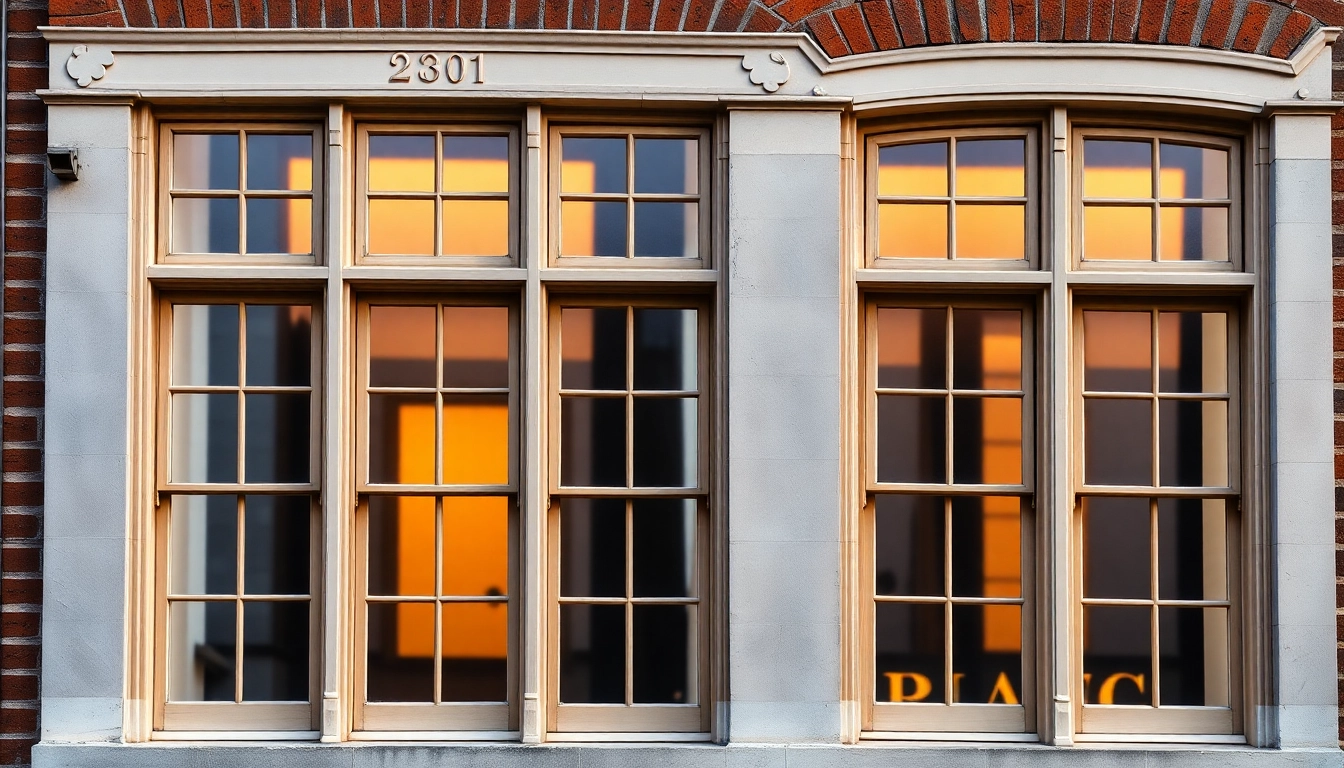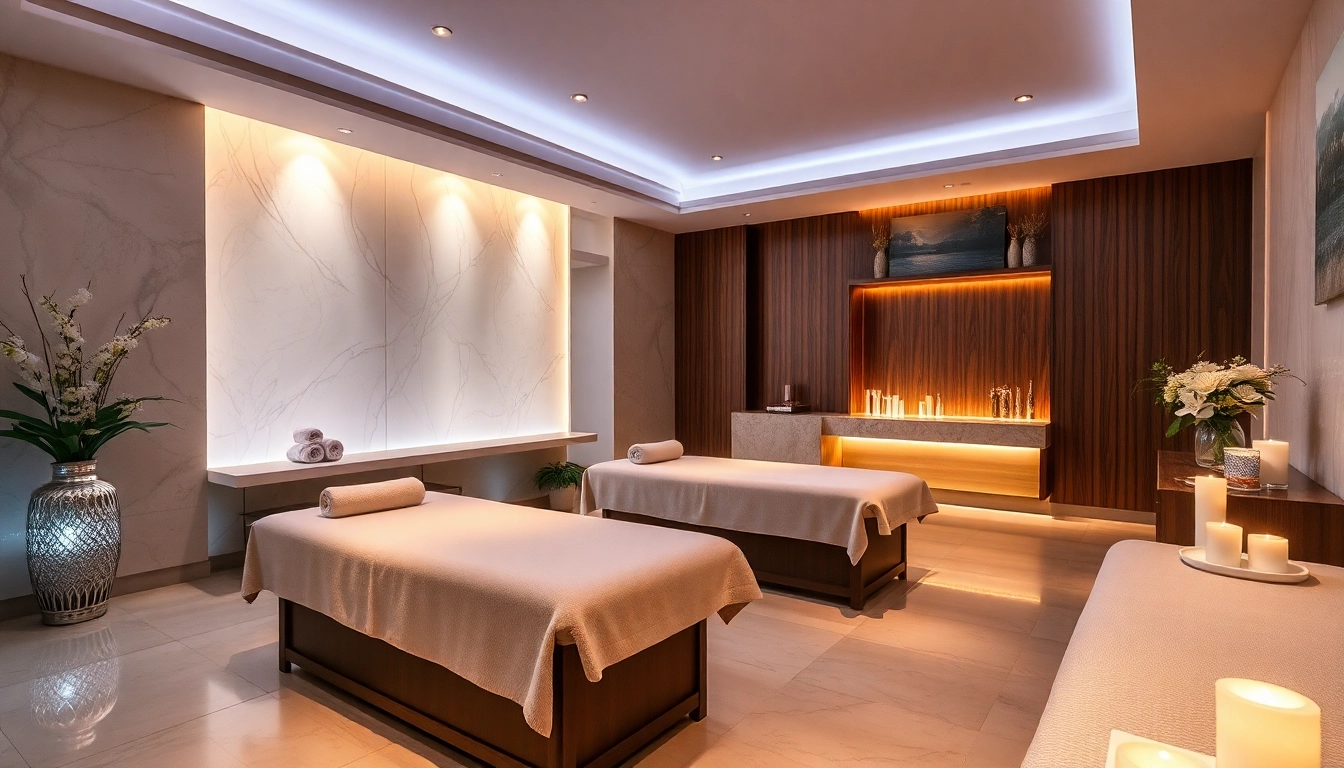Understanding the Benefits of Bespoke Sash Windows
When it comes to enhancing the aesthetic appeal, energy efficiency, and overall value of a property, bespoke sash windows stand out as a timeless yet versatile solution. Unlike standard, off-the-shelf options, bespoke sash windows are custom-designed to perfectly match the architectural style, size, and specific requirements of your home. This level of personalization ensures a harmonious integration with existing features, whether you’re restoring a historic period property or upgrading a modern residence. For homeowners seeking to elevate their living environment with a touch of traditional charm combined with modern performance, exploring bespoke sash windows offers a compelling avenue.
Enhancing Home Aesthetics with Custom Design
The visual appeal of sash windows is deeply rooted in their classic design, characterized by their vertically sliding sashes and multiple glazing panes. Custom designs allow homeowners and architects to tailor details such as the frame profile, sash proportions, and decorative features like mouldings or sash horns, ensuring that the windows complement the property’s overall style. Whether aiming for authentic restoration or contemporary reinterpretation, bespoke sash windows enable precise replication of period features or the creation of innovative, modern aesthetics.
For example, period homes such as Victorian or Georgian terraces benefit from authentic timber sash designs with period-appropriate detailing, restoring historic charm. Conversely, modern homes might favor clean lines, slim profiles, and innovative hardware to achieve a sleek, minimalist look—yet still benefit from the practical advantages of sash windows. This customization enhances curb appeal and creates a cohesive visual narrative that truly reflects individual taste and the home’s architectural context.
Improving Energy Efficiency and Insulation
Traditional sash windows, especially older versions, are often associated with drafts and heat loss. However, modern bespoke sash window solutions address these issues through advanced materials and technologies. Double or triple glazing can be seamlessly integrated into custom frames, significantly reducing thermal transfer. Additionally, bespoke manufacturing ensures tight seals and precision operation, preventing drafts and enhancing insulation.
For example, advanced double-glazing options, coupled with draught-proofing measures, can improve a property’s energy efficiency by up to 30%. This not only reduces heating bills but also minimizes environmental impact. Homeowners looking to upgrade historic sash windows or install new ones can benefit from expert advice on the best glazing options tailored to their local climate, preferences, and legal preservation requirements, thereby maximizing performance without compromising aesthetic integrity.
Increasing Property Value with Traditional Charm
Well-made bespoke sash windows can significantly boost a property’s market value. They appeal to buyers who value authenticity, craftsmanship, and energy efficiency, especially in heritage-listed or conservation areas. Upgrading to custom timber sash windows with modern performance features offers a persuasive selling point, blending historical character with contemporary comforts.
According to industry research, properties with restored or high-quality sash windows can command premiums of 5–10% over comparable properties without them. This is driven by the increased curb appeal, improved thermal performance, and the cultural cachet of original features. For homeowners planning long-term investments, bespoke sash windows represent a strategic choice for enhancing both the aesthetic and monetary value of their property.
Materials and Craftsmanship of Bespoke Sash Windows
Choosing Quality Timber and Modern Alternatives
Traditionally, high-quality timber such as Sapele, Oak, or Douglas Fir has been the material of choice for bespoke sash windows due to its durability, aesthetics, and ease of craftsmanship. Carefully sourced timber from sustainable forests ensures a responsible choice aligned with environmental standards. Modern innovations, however, now include options like uPVC or aluminium composites, which offer enhanced low-maintenance properties while maintaining the authentic look of timber.
For heritage properties, timber remains preferred because of its ability to be finely detailed and aged gracefully. However, aluminium-clad sash windows are increasingly popular in contemporary settings due to their strength, weather resistance, and reduced upkeep. Selecting the right material depends on factors such as the property’s style, energy performance requirements, and maintenance preferences.
Handcrafted vs. Machine-Made: What Sets Bespoke Apart
The defining characteristic of bespoke sash windows is craftsmanship. Handmade frames exhibit superior attention to detail, with intricate joints, sashes, and finishes that enhance durability and aesthetic appeal. Skilled artisans often employ traditional joinery techniques, ensuring precision and longevity.
Machine-made windows, while precise, may lack the nuanced detailing or the bespoke fit that handcrafting offers. For heritage restoration, handcrafted windows are ideal for matching authentic profiles and finishes. Conversely, for high-volume projects or modern specifications, advanced manufacturing processes can deliver consistent quality and reduce costs without sacrificing appearance.
Longevity and Maintenance of Custom Sash Windows
Properly crafted bespoke sash windows, especially timber varieties, can last 50 years or more with adequate maintenance. Regular painting, sealing, and hardware checks help preserve their integrity. Modern materials, like aluminium clad or uPVC, require minimal upkeep, chiefly annual cleaning and occasional lubrication.
For timber windows, restoring and maintaining involves:
- Annual surface cleaning
- Periodic repainting or sealing to prevent moisture ingress
- Replacing worn hardware
- Addressing any signs of rot or decay promptly
Consulting with expert craftsmen ensures your windows remain functional and beautiful over decades, adapting maintenance routines to their material and build.
Design Options and Customization for Your Sash Windows
Color, Finish, and Hardware Choices
Personalization extends beyond structural design into aesthetics. Bespoke sash windows can be finished in a myriad of colors using durable paints or stains, from traditional wood stains to vibrant hues matching your property’s palette. Finishing options include matte, satin, or gloss sheens, each contributing to the overall style.
Hardware selections—such as sash lifts, locks, catches, and balances—are crucial for both functionality and visual impact. Brass, chrome, or antique-finish fittings can enhance period aesthetics, while sleek, modern hardware suits contemporary homes. Expert craftsmen often collaborate closely with clients to select hardware that balances usability with design coherence.
Double Glazing and Modern Performance Features
Integrating modern performance features into bespoke sash windows ensures comfort without sacrificing character. Double glazing, low-emissivity coatings, gas filling, and argon layers improve thermal insulation. Sash windows can also include soundproofing elements for noise-sensitive environments.
Furthermore, bespoke manufacturing allows for slim profiles that maximize glass area, enhancing daylight and views. Custom glazing options also include UV protection and solar control, increasing energy efficiency and protecting furnishings from fading.
Designing for Period Features and Contemporary Upgrades
Bespoke sash windows excel at blending traditional architectural features with modern technology. For historic properties, designs replicate original profiles, sash horns, and glazing bars, maintaining authenticity. In contrast, contemporary homes benefit from sleek, minimalist designs with integrated high-performance features, creating a seamless fusion of form and function.
Experienced designers often produce detailed drawings and samples, allowing homeowners to visualize integrations and ensure the aesthetic aligns with their vision. The careful planning guarantees that the final product sustains the property’s character while delivering state-of-the-art performance.
Installation, Cost, and Selecting the Right Supplier
Factors Affecting Pricing and Value
The cost of bespoke sash windows varies depending on factors such as materials, design complexity, glazing options, hardware choices, and the scale of installation. Typically, timber double-glazed sash windows range from approximately £2,370 to £2,725 per window, while uPVC options are more affordable, starting around £780 per window. Installation costs can add to this, influenced by building size, accessibility, and any necessary remedial work.
Investing in high-quality craftsmanship and materials ensures durability and long-term value. While the initial outlay may be higher than mass-produced alternatives, bespoke sash windows often incur lower maintenance costs and add substantial property value, making them a prudent long-term investment.
Choosing Experienced Craftsmen and Providers
Selecting the right supplier is pivotal. Look for companies with proven expertise in bespoke sash windows, particularly those with a strong portfolio of heritage restorations and modern installations. Endorsements, reviews, and case studies serve as indicators of quality and professionalism.
A reputable provider will offer comprehensive consultations, detailed quotations, and transparent timelines. Ensuring they adhere to industry standards such as FENSA or equivalent certifications provides additional confidence in their craftsmanship and compliance.
Installation Process and Timeline
The installation of bespoke sash windows typically follows a structured process:
- Initial consultation and site assessment
- Design approval and fabrication planning
- Preparation of the opening, including any necessary structural work
- Manufacture of custom windows according to specifications
- On-site installation, ensuring precise fitting and sealing
- Final adjustments, finishing touches, and cleanup
The entire process can range from a few weeks for standard designs to several months for complex or heritage-sensitive projects. Proper planning and coordination with experienced craftsmen minimize disruptions and ensure a seamless upgrade.
Maintaining and Caring for Your Bespoke Sash Windows
Routine Care and Restoration Tips
Preserving the beauty and functionality of bespoke sash windows requires regular maintenance. For timber windows, annual or bi-annual painting or sealing prevents moisture ingress and decay. Cleaning the frames with gentle detergents ensures the finishes remain vibrant.
Hardware should be lubricated annually to maintain smooth operation. Check for signs of rot, loose joints, or damaged glazing, and address issues promptly to prevent escalation.
Addressing Common Issues like Drafts and Sticking
Common problems such as drafts or sticking sashes can be remedied by adjusting hardware, replacing worn seals, or undertaking draught-proofing measures. Modern additions like brush seals or weatherstripping can be discreetly integrated into bespoke designs.
For more persistent issues, consulting a specialist ensures correct diagnosis and tailored solutions. Properly maintained sash windows should operate smoothly, with minimal effort or drafts.
Long-term Benefits of Proper Maintenance
Well-maintained sash windows not only preserve their historical and aesthetic appeal but also ensure ongoing energy efficiency, security, and functionality. Regular upkeep extends the lifespan of the windows, reducing the need for costly replacements and restorations in the future.
Engaging professional maintenance services periodically guarantees adherence to best practices and keeps windows in optimal condition for decades.


